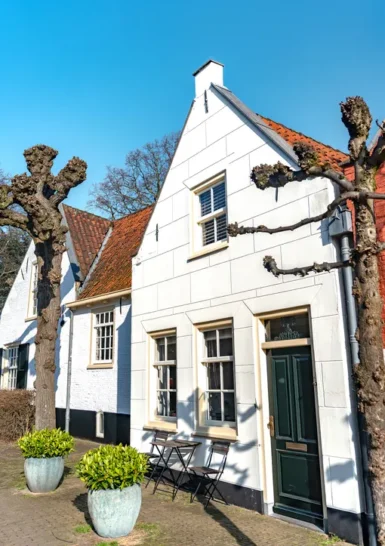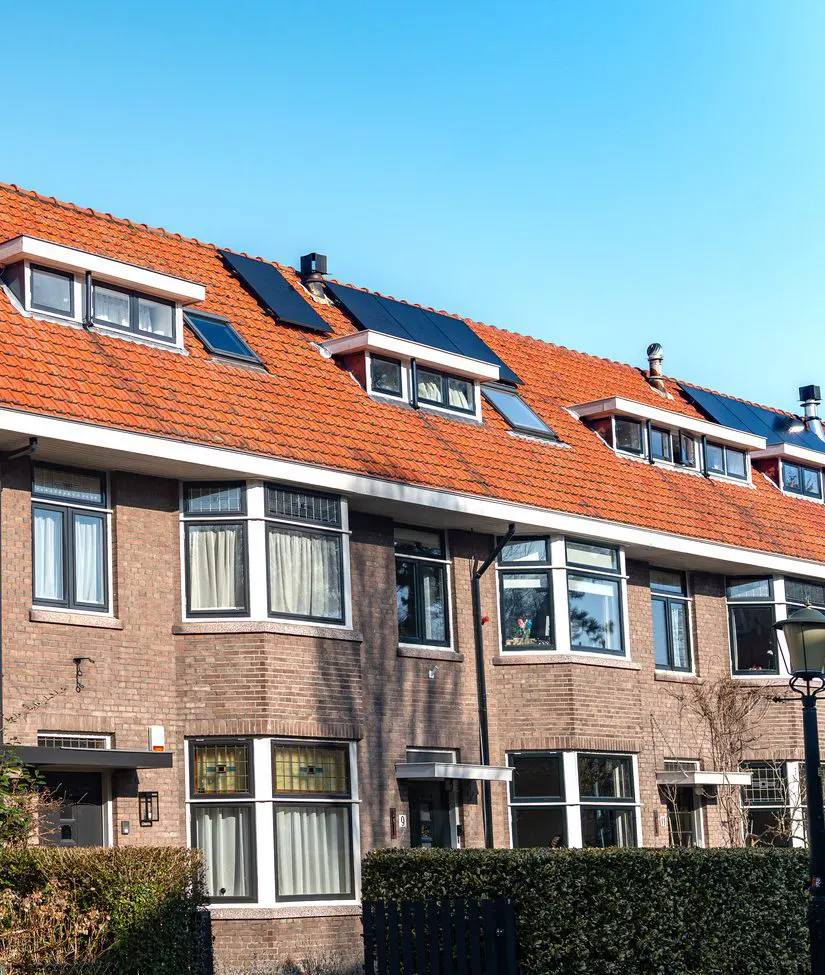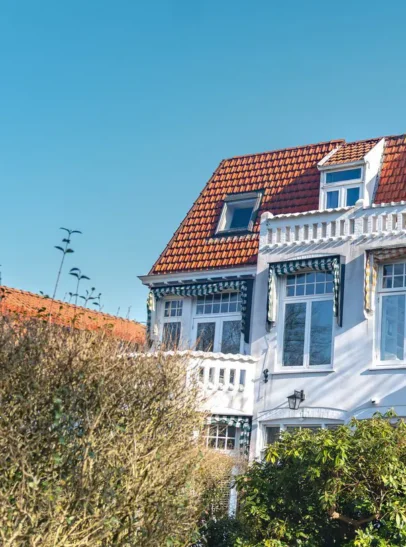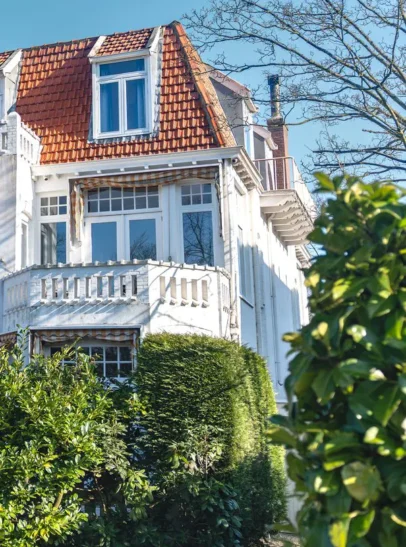At Vivo, we’re dedicated to making you feel at home. With personalized guidance and in-depth local expertise, we ensure a seamless transition to life in the Netherlands. As a specialized buying agent, we focus on protecting and prioritizing buyers’ interests. Proudly affiliated with Leiden International Centre, we provide expats with the expert support they need to find their perfect home.
Your Next Chapter


We are here to assist you in seamlessly communicating with sellers, estate agents and any other parties involved. Whether you need clarification, updates, or help navigating the process, we’ll ensure clear and effective communication every step of the way.
Vivo has in-depth knowledge of the local housing market, including neighbourhood prices, trends and future developments. This helps expats buy a property at a fair price.
The Dutch housing market has specific legal and administrative rules, such as purchase agreements and conditions for financing. A real estate agent makes sure everything is legally correct.
Vivo has a strong professional network of selling real estate agents, contractors, architects, legal experts and movers, giving us valuable insights and opportunities beyond what’s publicly available.
Obtaining a mortgage can be difficult for expats due to specific conditions, such as a temporary contract or income in another currency. We can help find the right financial advisers.
Vivo - Opening New Doors
Negotiation skills
Negotiating the price and conditions of a property can be complex, especially if you are unfamiliar with the Dutch market. Vivo can perform this task professionally.

Vivo Expats
Makes Living Real
Expats looking to buy a property in the Netherlands often face unique challenges. Engaging Vivo as your specialized buying real estate agent can be a smart choice!
- Personal and Accessible
- Passionate and Proactive


Frequently Asked Questions
You have fallen in love with a house. That it still needs a lick of paint here and there, you take for granted. But unfortunately, not all defects are equally visible. A building inspection can give you a lot of clarity about the structural condition of the house and any repair costs you have to take into account. This will prevent the house of your dreams from turning out to be a nightmare.
A building inspection is an independent, accurate inspection of an existing house. Together with a structural engineer, you look at the house from the roof to the crawl space and from the wiring to the sewage system. Are the meter box, light points and sockets in order? Is the house not subsiding?
You are not obliged to be present for this, but it is the best way to look at the house with a different perspective. The inspector will point out defects and give an explanation; you can ask questions, for example about the technical feasibility of a renovation. After a few days, you will receive the report by mail or e-mail. The seller and the sales agent will not receive it unless you hand it to them.
What is the average percentage of overbidding? What percentage above the asking price do you bid? What percentage should you take into account? Questions we are asked almost daily.
The most important question should really be, what is a property currently worth? After all, the asking price is determined by the selling agent and the seller. The asking price is generally set in combination with the chosen sales strategy. Sometimes extremely low, but it can also be set realistically.
In other words, it is best to discuss how much you should overbid or negotiate off with your buying agent before making an offer.
Under Dutch law, a sales contract only becomes binding when both parties have agreed on the purchase price, all terms and conditions and the sales contract has been signed. Also known as the ‘in writing requirement’.
Before this happens, buyer and seller are free to waive the agreement without any obligations.
When the deed of transfer (notarial deed) is signed and the purchase price is paid, you are the owner of the property. Ownership is then transferred from seller to buyer. From then on, you are the legal owner of the property.



